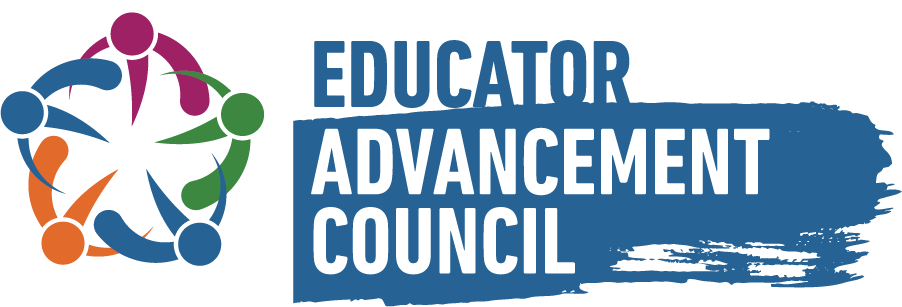Programs
Skip to content
Show submenu for Programs
Career Resources
Show submenu for Data & Reports
Show submenu for

Tribal Nations Educator Collaborative
Beyond a student’s family, committed and culturally responsive educators have the greatest influence on American Indian/Alaskan Native (AI/AN) student achievement. However, less than 1% of Oregon educators identify as AI/AN statewide, meaning there is a ratio of 50 AI/AN students to every teacher who identifies as AI/AN. Since 2011, the number of AI/AN teachers in Oregon has slowly increased. Despite these small gains, it is not enough to support the academic success and social-emotional needs of every AI/AN student.
During the 2019 legislative session, the American Indian / Alaska Native Student Success plan was codified into law under the Student Success Act. The American Indian/Alaska Native Student Success Plan 2020-2025 identified the need for culturally relevant professional development for school district staff, to increase efforts to recruit and retain Native teachers, and implement historically-accurate, culturally embedded Native American curriculum and instructional materials across the K-12 system.
To support these state efforts, the EAC received legislative approval in 2021 to convene a new Tribal Nations Educator Collaborative, and invest $11.5 million each biennium to recruit and retain highly qualified AI/AN educators and provide professional learning for non-Native educators that support AI/AN student success. By focusing on several key actions, the Tribal Nations Educator Collaborative for Oregon will develop sustainable and actionable outcomes to improve the educational experiences for Oregon’s AI/AN students and educators.
Key Actions
In partnership with the Tribal Nations that share Oregon's geography, as well as partners across the state that support AI/AN student success, the Tribal Nations Educator Collaborative will:
Fully fund and increase the number of highly qualified American Indian/Alaska Native teachers and administrators
Create an American Indian/ Alaska Native educator network for current practicing educators
Capture, communicate, and amplify key learnings and promising racially affirming practices in education
Support and emphasize the importance of Indigenous pedagogy
Advocate for policy initiatives that center Tribal sovereignty and voice
Convene state and national Tribal leaders, educators, and scholars to guide future efforts
For more information or to get involved, email Mercedes Jones at mercedes.jones@ode.oregon.gov.
